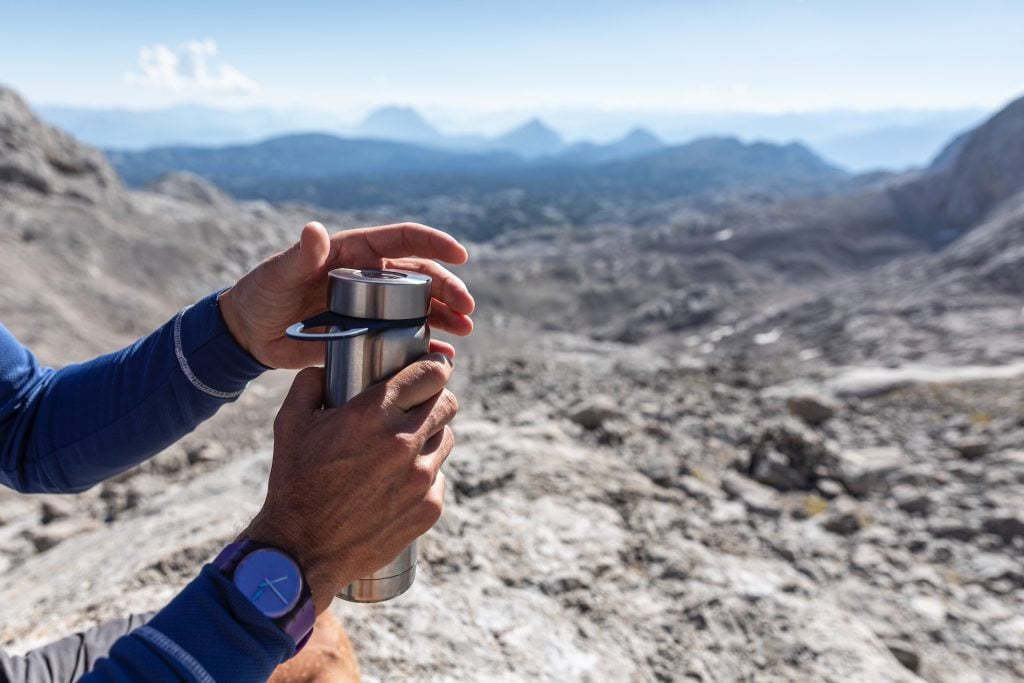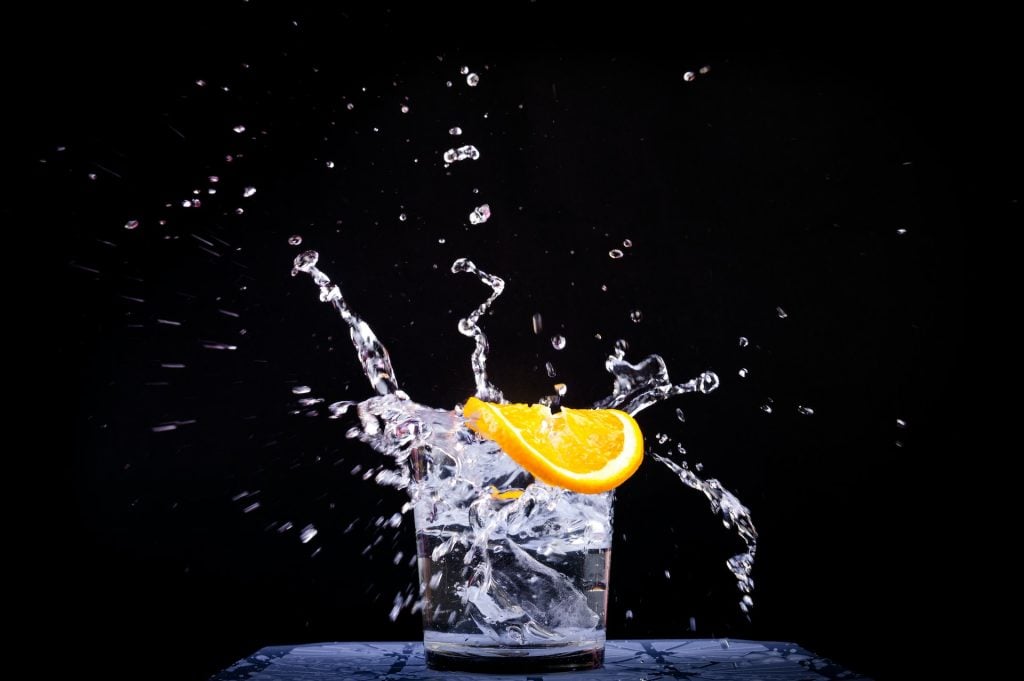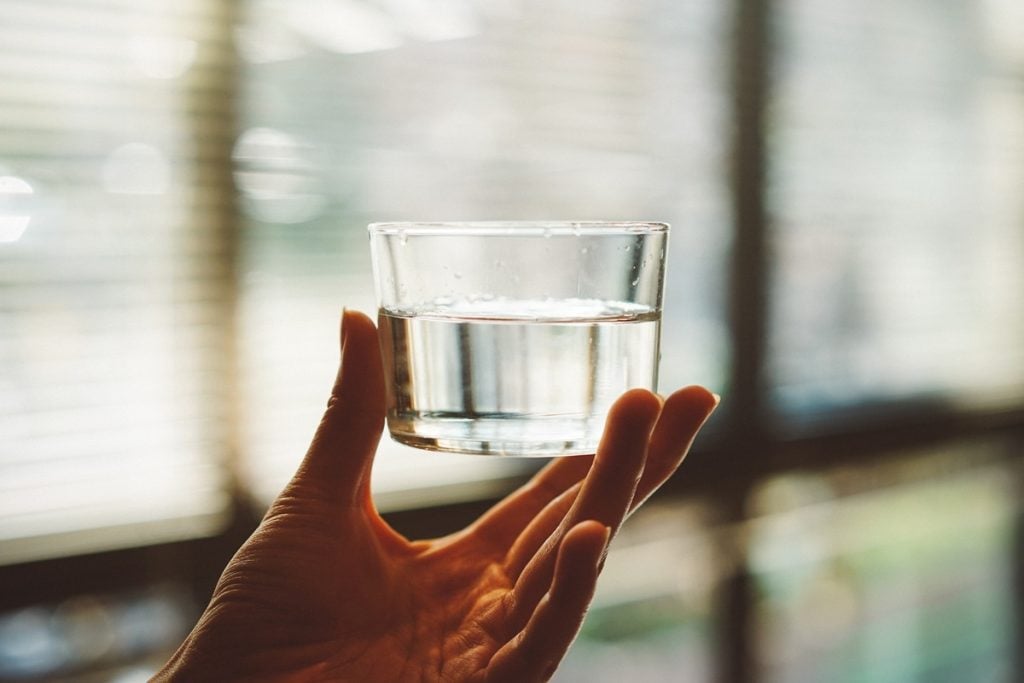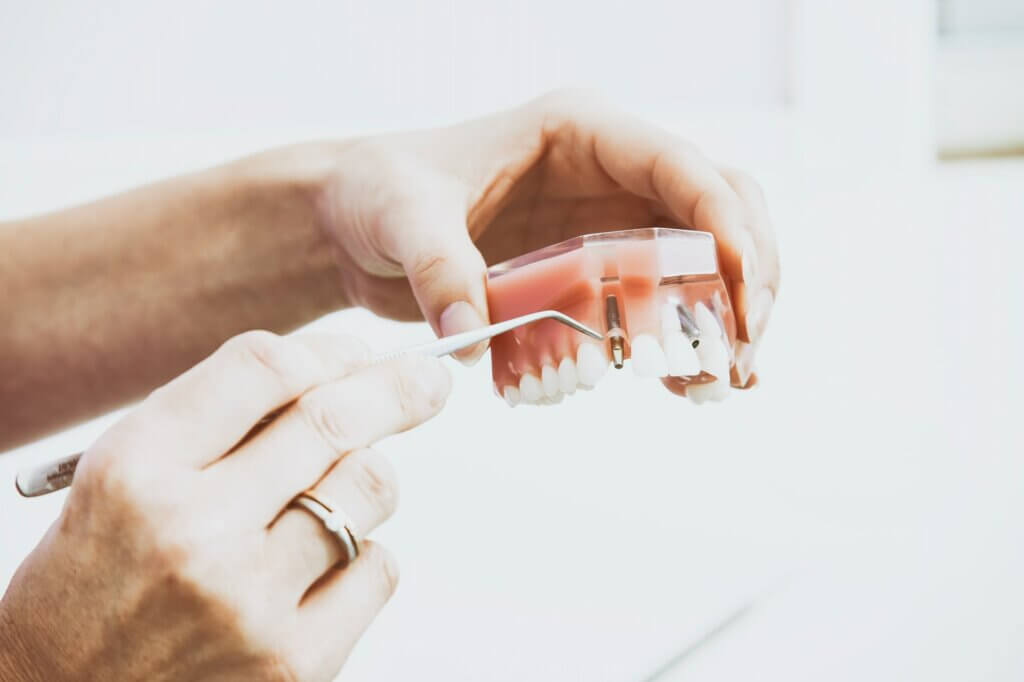Hydration is more than just quenching thirst; it's a vital aspect of our health and well-being. Every cell in our body needs water to function properly, making it crucial for overall health. From aiding digestion to keeping our skin healthy, the benefits of staying hydrated are numerous and significant.
In this blog post, we'll explore the science behind hydration, signs of dehydration, practical tips for staying hydrated, and special considerations for different groups of people.
Get ready to dive into the world of hydration and learn how to keep your body at its best!
Understanding Hydration

Hydration, simply put, is the process of providing your body with adequate water to function effectively. Water, a vital nutrient, is indispensable for life. Unlike other nutrients, our body cannot store water for long periods, making regular intake essential.
Water makes up about 60% of an adult's body weight and plays a critical role in almost every bodily function. Let's explore how hydration influences various aspects of our health:
- Digestion: Water is a key component in the digestive process. It helps break down food, allowing your body to absorb the nutrients. It also aids in dissolving minerals and nutrients, making them accessible to the body. Plus, water is crucial in preventing constipation by softening stools and maintaining regular bowel movements.
- Circulation: Adequate hydration is essential for maintaining blood volume, allowing for efficient circulation of blood throughout the body. This is vital for transporting nutrients and oxygen to cells and removing waste products.
- Temperature Regulation: Water plays a significant role in regulating body temperature. Through the process of perspiration, the body releases heat. When you sweat, it's the evaporation of this moisture from your skin that cools your body down, particularly important during exercise or in hot climates.
- Joint Lubrication: Water acts as a lubricant in the joints, reducing friction and helping to prevent joint pain and discomfort.
- Skin Health: Hydrated skin appears more plump, healthy, and vibrant. Water helps to moisturize the skin from within and flushes out impurities, leading to a clearer complexion.
- Brain Function: Proper hydration is crucial for brain function. It affects cognitive abilities like focus, concentration, and memory. Dehydration can lead to difficulties in concentration, mood swings, and in severe cases, confusion.
- Detoxification: Water helps to remove waste products from the body through urination and perspiration. It supports kidney function and helps in detoxifying the liver.
All in all, staying hydrated is not just about preventing thirst; it's about supporting and enhancing every aspect of your bodily functions. From aiding digestion to ensuring a clear mind, the role of water in our bodies is extensive and vital.
The Science Behind Hydration

The human body has a sophisticated system for managing hydration levels, a process known as homeostasis. This system involves various organs, especially the kidneys, which adjust the amount of water excreted in urine based on hydration needs.
When you're dehydrated, the body releases a hormone called vasopressin, which signals the kidneys to conserve water, resulting in less and more concentrated urine. Conversely, when you're well-hydrated, the kidneys expel excess water, keeping the body's fluid balance in check.
Dehydration, even in its mild form, can impact the body in various ways. In the short term, it can lead to symptoms like dry mouth, tiredness, reduced urine output, headache, and dizziness. If left unaddressed, prolonged dehydration can lead to more severe consequences such as urinary tract infections, kidney stones, and kidney damage. In extreme cases, severe dehydration can result in dangerous complications like heatstroke.
Long-term health impacts of chronic dehydration include an increased risk of kidney problems, urinary tract infections, and possibly a higher risk of certain chronic diseases. Consistent dehydration can also contribute to digestive disorders, skin issues, and cognitive impairments.
Recommended Daily Water
The recommended daily water intake varies depending on several factors. The U.S. National Academies of Sciences, Engineering, and Medicine suggests about 3.7 liters (125 ounces) of fluids for men and 2.7 liters (91 ounces) for women per day, from all food and beverage sources.
However, this recommendation changes based on factors like age, climate, physical activity level, and individual health conditions. For instance, people living in hot climates or engaging in vigorous physical activity may need more water to compensate for increased perspiration. Similarly, older adults and pregnant or breastfeeding women have different hydration needs.
Understanding these factors and listening to your body's signals are key to maintaining optimal hydration and supporting your overall health and well-being.
Identifying Dehydration

Recognizing the signs and symptoms of dehydration is crucial for maintaining good health. Common symptoms include thirst, less frequent urination, dark-colored urine, dry skin, fatigue, dizziness, and confusion. In mild cases, simply drinking more fluids is enough to restore hydration.
However, it's important to be aware of the symptoms and act promptly. Dehydration manifests differently across various age groups:
- Children: They may exhibit dry mouth and tongue, lack of tears when crying, no wet diapers for three hours or more, high fever, listlessness, or irritability.
- Adults: Common signs in adults include extreme thirst, less frequent urination, dark-colored urine, fatigue, dizziness, and confusion.
- Elderly: Older adults are particularly susceptible to dehydration. Symptoms in the elderly can be less obvious but may include confusion, problems with walking or falling, rapid heart rate, low blood pressure, and in severe cases, unconsciousness.
It's essential to seek medical attention in certain scenarios:
- If the symptoms of dehydration are severe and do not improve with increased fluid intake.
- When dehydration is accompanied by diarrhea and vomiting that lasts for 24 hours or more.
- If the person experiencing dehydration has a chronic illness or is taking medication that affects fluid levels in the body.
- In cases of high fever or if the person has been in extremely hot weather and is showing signs of heatstroke, such as an altered mental state or behavior, strong rapid pulse, dry flushed skin, or body temperature of 103°F (39.4°C) or higher.
Prompt recognition and treatment of dehydration are key, especially in vulnerable groups like children and the elderly, to prevent more severe health complications.
Practical Hydration Tips

Staying well-hydrated is essential for health, but it doesn’t have to be complex. Here are some practical tips to ensure you’re adequately hydrated:
Best Practices for Staying Hydrated
- Consistent Intake: Instead of gulping large amounts at once, sip water throughout the day. Keeping a water bottle handy can remind you to take regular sips.
- Hydration after Waking Up: Start your day with a glass of water. Overnight, your body loses water through respiration and perspiration.
- Monitor Urine Color: Aim for light yellow urine as an indicator of proper hydration.
- Set Reminders: Use apps or set alarms as reminders to drink water if you often forget to hydrate.
- Use Hydration Multiplier: Hydration multipliers are a healthy way to replenish lost electrolytes, thus keeping you hydrated and active.
Types of Fluids to Consume
- Water: It’s the best and most straightforward way to stay hydrated. It’s calorie-free, caffeine-free, and easily accessible.
- Flavored or Infused Water: If plain water is too bland, try adding a slice of lemon, lime, cucumber, or berries for a flavor boost without added sugars.
- Other Beverages: Herbal teas, milk, and juice can also contribute to your daily fluid intake but be mindful of their sugar and caffeine contents.
Role of Diet in Hydration
- Hydration through Foods: Many fruits and vegetables like watermelon, cucumber, oranges, and strawberries have high water content and can help with hydration.
- Balanced Diet: A well-rounded diet helps maintain electrolyte balance, crucial for proper hydration.
Hydration Strategies for Different Scenarios

- During Exercise: Increase fluid intake before, during, and after physical activity, especially in hot conditions or during intense workouts.
- In Hot Weather: Drink more water than usual and avoid excessive alcohol and caffeine, as they can lead to further dehydration.
- For People with Medical Conditions: Those with conditions like kidney stones or urinary tract infections may need extra fluids. However, some conditions like heart failure or certain types of kidney disease may require fluid restrictions.
Debunking Common Hydration Myths
- Myth: You need eight glasses of water daily: Hydration needs vary. Listen to your body and consider factors like activity levels and climate.
- Myth: If you’re not thirsty, you’re hydrated: Thirst isn’t always the best indicator, especially in the elderly. Regularly check for other signs of dehydration.
- Myth: Overhydration isn’t a concern: While rare, it’s possible to drink too much water, leading to a condition called hyponatremia.
Incorporating these hydration tips into your daily routine can ensure you’re well-hydrated, supporting overall health and wellness.
Conclusion
Prioritizing hydration is a simple yet powerful way to enhance your overall health and wellbeing. Remember, water is a key ingredient in the recipe for a healthy life. By staying adequately hydrated, you're not just quenching thirst, you're nourishing every part of your being.
Drink up for vitality!




